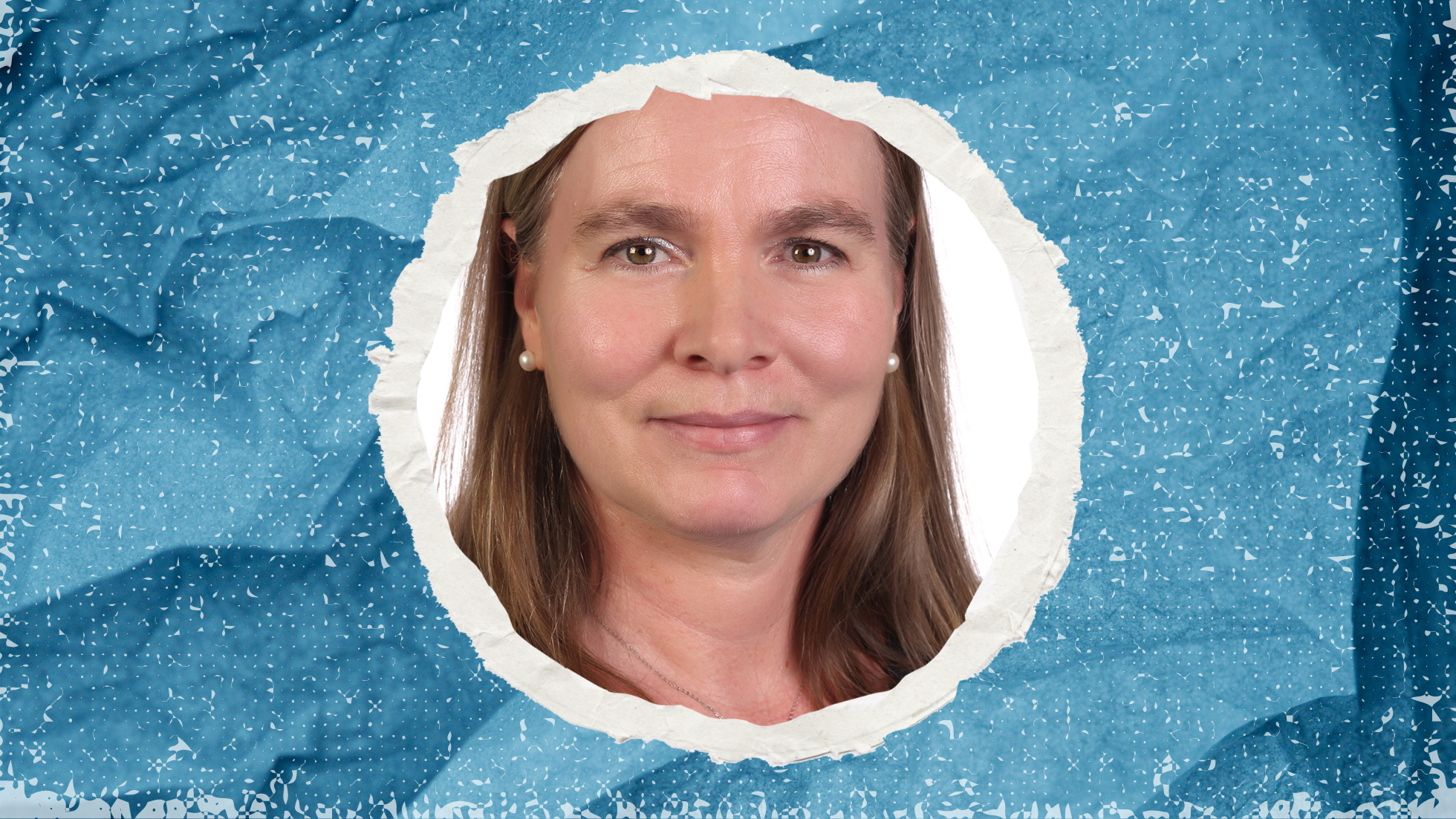At Fourways High School, students and staff alike are fortunate to have the support of a dedicated educational psychologist, Dr Charmaine Leatham. In an exclusive interview, she shared her journey, the challenges and rewards of her role, and some valuable advice for students navigating the pressures of school life.
A Journey Shaped by Passion
Our school psychologist’s journey began in high school when she first realized her passion for psychology. “I realized in Gr. 10 that I would want to be a psychologist,” Dr Leatham recalls. After studying psychology at North-West University, she initially aimed to become a clinical psychologist but soon found her calling in child and adolescent psychology. This shift was a turning point that led her to work at the Child Guidance Clinic in the Northern Free State, where she gained invaluable experience working with children and teachers in rural areas.
Her path eventually brought her to Fourways High School, where she has been making a difference in students’ lives since 2008. Although initially apprehensive about working with teenagers, she quickly grew to love it. “I was a little scared to work with teenagers, but after the first hour of my first therapy session, I was hooked,” she says.
A Day in the Life
A typical day for her is far from predictable. “Not one day is the same as the next, because during therapy sessions, each client comes in with a part of their life experience that will be at the front of their minds for that day,” Dr Leatham explains. On any given day, she might consult with grade heads, meet with parents, or work with students, adapting her approach to meet each individual’s needs.
Dr Leatham and Ms. Naidoo, the other school psychologist, see about 6-8 students each per day, offering a range of support from emotional guidance to practical advice on managing academic pressures. Behind the scenes, there’s also a significant amount of administrative work, including scheduling, writing process notes, and ensuring they meet professional development requirements.
The Importance of Therapy
In a school environment where academic pressures, social issues, and personal challenges can weigh heavily on students, the psychologist emphasises the importance of seeking help. “In general, having a sense of belonging is very important in the emotional well-being of people – especially at home; otherwise, we start looking for it in other people or places,” Dr Leatham notes. She encourages students to engage in constructive activities, such as sports and cultural pursuits, to build confidence and manage stress.
Managing Stress and Anxiety
When it comes to handling academic pressures, her advice is practical: “Planning and structure are very important as it gives us a sense of predictability and control.” She recommends using a calendar to keep track of assignments and tests, breaking down tasks into manageable steps.
For those struggling with anxiety, she introduces the ABC model: “A = activating event (like getting work done or assessments); B = belief (how I think about myself and what needs to be done) and C = consequences (my reactions: how I feel and what I do).” She encourages students to challenge extreme thoughts and focus on what is working well.
Rewards and Challenges
For Dr Leatham, the most rewarding part of the job is seeing students make positive changes. “Appreciating how some clients really put in the effort after therapy sessions to implement the action steps we discussed – wanting to make a shift in a more positive direction,” she shares.
Of course, the role comes with its challenges. Some students face incredibly difficult circumstances, and it can be hard to witness their struggles. But she remains hopeful, relying on her clients’ resilience and strength. “I have to believe in my clients’ resilience and inner-strengths because how did they get it right to sit here in front of me today?” she says.
Final Thoughts
As exams approach and the pressures of school life mount, it’s easy to feel overwhelmed. But as our psychologist reminds us, there’s no magic solution – the key is in taking action and seeking support when needed. Whether it’s through therapy, talking to trusted adults, or simply taking the time to organize and plan, students have the tools to manage their stress and thrive at school.
In a school community like ours, where support is available and accessible, students are encouraged to reach out and take advantage of the resources at hand. After all, as our psychologist wisely notes, “You are the magic by putting yourself into action. Be your own solution to getting work done – one day at a time!”


